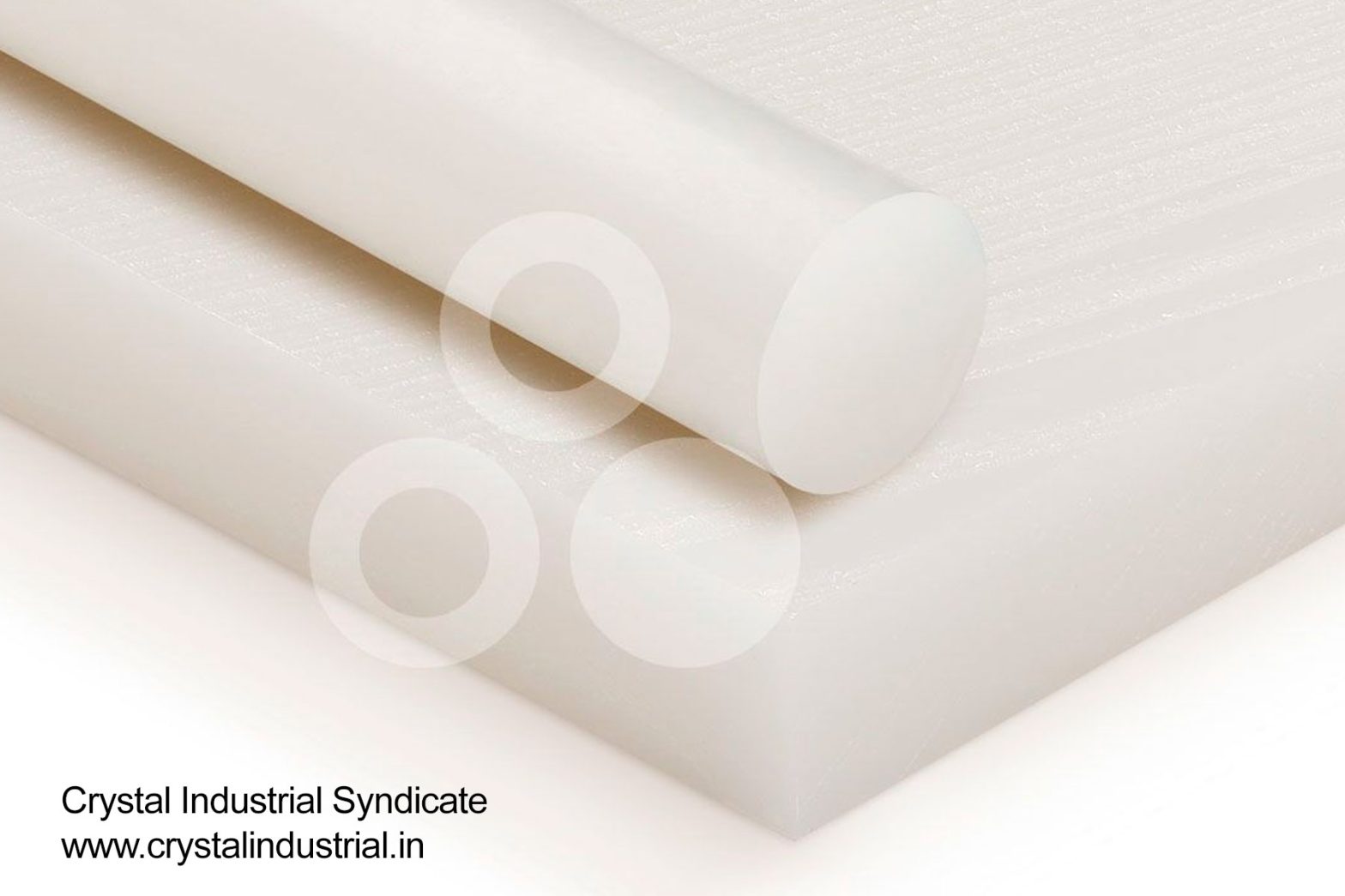Kynar is a brand name for a type of fluoropolymer known as polyvinylidene fluoride (PVDF). It is a strong, durable, and corrosion-resistant material that is often used in the construction of injection quills, which are devices used to inject fluids into a process stream in a chemical plant or refinery. In this article, we will discuss the advantages and disadvantages of using Kynar-bodied injection quills.
What are the advantages of Kynar-bodied injection quill bodies
One of the main advantages of Kynar injection quills is their corrosion resistance. PVDF is resistant to a wide range of corrosive environments, including acids, bases, and organic solvents. This makes Kynar injection quills a reliable and durable choice for injection applications in chemical plants and refineries where corrosive fluids are often present.
Another advantage of Kynar injection quills is their high temperature resistance. PVDF has a high melting point and is able to withstand temperatures up to 200°C without losing its strength or becoming brittle. This makes it suitable for use in high temperature environments, such as in steam injection applications or in processes where the process stream is at elevated temperatures.
In addition to its corrosion resistance and high temperature resistance, Kynar is also a strong and durable material. Injection quills made from Kynar are able to withstand high pressure and resist wear and tear, making them a long-lasting and reliable choice for injection applications.
What are the disadvantages of Kynar-bodied injection quills
Despite these advantages, there are also some disadvantages to using Kynar-bodied injection quills. One disadvantage is the cost. Kynar is a specialty polymer that is more expensive than other materials, such as stainless steel. This can make Kynar injection quills more expensive to purchase and maintain.
Another disadvantage is that Kynar is a difficult material to work with. It is difficult to machine and requires specialized tooling and equipment. This can make it more time-consuming and costly to manufacture injection quills made from Kynar.
Kynar injection quills also have a limited range of chemical compatibility. While they are resistant to many corrosive environments, they are not suitable for use with certain chemicals, such as strong acids. This can limit their use in certain applications.
In conclusion, Kynar-bodied injection quills offer several advantages, including corrosion resistance, high temperature resistance, and durability. However, they are also more expensive and difficult to work with than other materials, and have limited chemical compatibility. When considering the use of Kynar injection quills, it is important to weigh the advantages and disadvantages carefully to determine if they are the best choice for a specific application.
Kynar® coating Due to its low weight and low thermal conductivity, Kynar® coating is a chemical resistant, thick film barrier coating that is largely utilised on equipment for chemical processing. This coating offers good wear and abrasion resistance and is unaffected by the majority of chemicals and solvents.
Crystal Industrial Syndicate from India makes a range of Kynar®-bodied injection quills to cater to every application of the oil and gas industry. Our products have been installed world-wide, in Europe, North America, Africa, Middle-East and India.
If you would like to know how Crystal Industrial Syndicate’s products can support your injection quills requirements, please contact us.
Copyright © 2023 by Crystal Industrial Syndicate Pvt Ltd. All rights reserved. www.crystalindustrial.in
